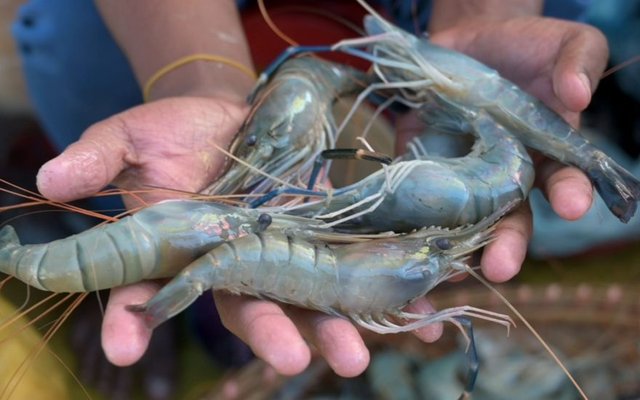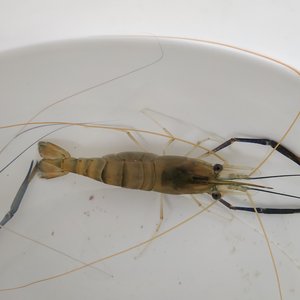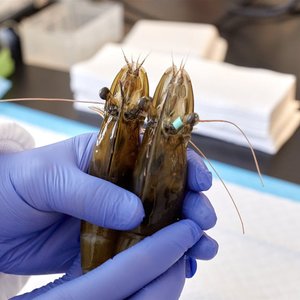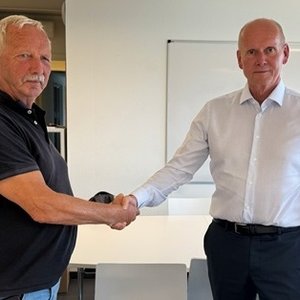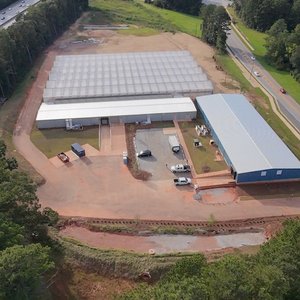The shrimp industry is hugely important for the Bangladesh economy, employing around 3.5 million people. It is a key source of dietary protein for the Bangladeshi people. The industry has expanded rapidly over the past 40 years but now faces increasing losses from disease – partly due to poor biosecurity which has substantial economic, social and environmental costs.
“Our project aims to help the Bangladesh shrimp aquaculture industry become more sustainable by improving biosecurity,” said project lead Professor Charles Tyler. “We know from animal production in other global regions that good biosecurity helps prevent disease and reduce the need for chemicals and drugs. “If we can support the shrimp industry to improve biosecurity in Bangladesh, this should in turn increase productivity and lower the impacts on biodiversity loss, pollution of water systems and the risk of antimicrobial resistance.”
The digital tools created by the Exeter team are for shrimp hatcheries, which supply the entire industry of more than 300,000 farmers across Bangladesh. They have been produced in collaboration with shrimp hatcheries and in-country partners WorldFish and the Centre for Communication Action Bangladesh.
Lead researcher Kelly Thornber said that “most biosecurity training materials are not aimed at low-income, extensive farming systems, which are commonly found across Bangladesh, and they are usually technical and text-based, so not very appropriate or readily accessible. By working with in-country partners, we have identified pragmatic solutions that are simple and relatively cheap to implement. We have developed a set of digital training videos, a self-assessment app and monitoring sheets, to make biosecurity training more engaging and accessible.”
For more information on this project and to access the digital training tools, visit the project website.
This project is funded by the Biotechnology and Biological Sciences Research Council and is one of many being run by the Centre for Sustainable Aquaculture Futures (SAF), a collaboration between the University of Exeter and UK Government’s Centre for Environment, Fisheries and Aquaculture Science (CEFAS).


